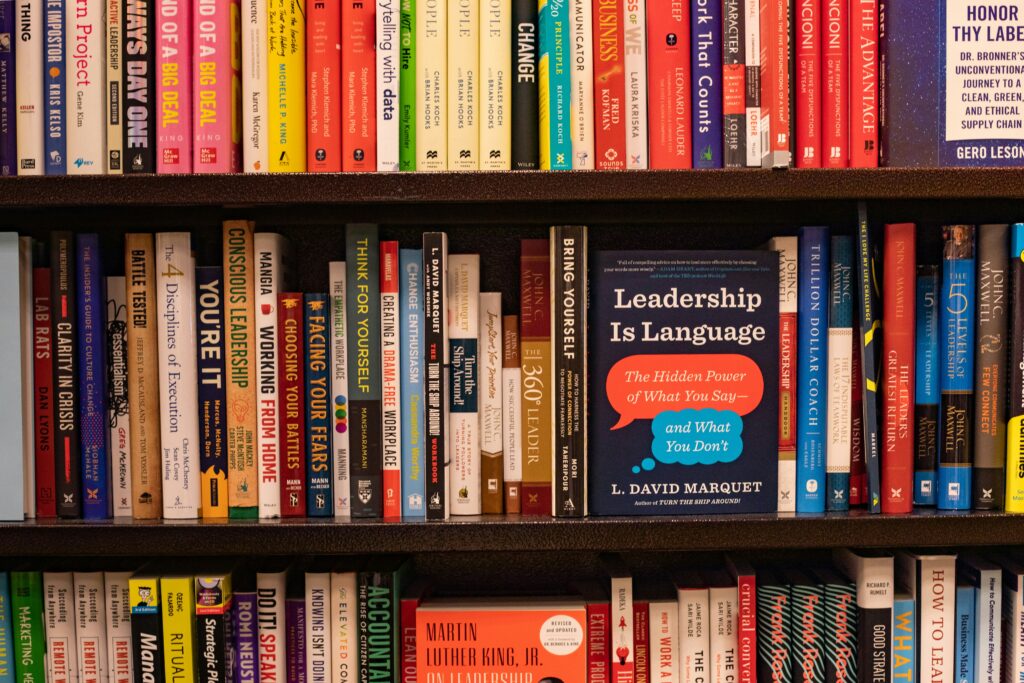Lifelong Learning: A Key to Cognitive Health in Aging
Posted in Wellness | By Yasmin S.

Aging doesn’t have to mean cognitive decline. In fact, studies show that staying mentally active through lifelong learning is one of the most effective ways to maintain brain health well into later life. From learning a new language to picking up a musical instrument, challenging the brain supports memory, focus, and even emotional well-being.
Why Lifelong Learning Matters
The brain is adaptable, even in older age. Thanks to neuroplasticity—the brain’s ability to reorganize itself by forming new neural connections—mental activity can help delay or reduce the risk of cognitive decline, including conditions like dementia and Alzheimer’s.
Lifelong learning also provides purpose, structure, and social engagement, which are all important factors in healthy aging.
Cognitive Benefits of Continuous Learning
- Improved Memory and Recall
Engaging in mentally stimulating activities helps strengthen existing neural pathways and create new ones. - Better Problem-Solving and Decision-Making
Learning challenges keep the brain flexible and improve executive function skills. - Delayed Onset of Cognitive Decline
Research shows that seniors who engage in ongoing education show slower rates of memory loss. - Enhanced Emotional Resilience
Learning new skills or exploring creative interests can boost self-esteem and reduce symptoms of depression. - Social Connection
Classes, clubs, or group learning environments provide opportunities to connect, reducing loneliness and isolation.
Forms of Lifelong Learning
You don’t need to return to a formal classroom to keep learning. Here are accessible ways to engage your brain:
- Reading books across diverse topics
- Learning a new language
- Playing musical instruments
- Taking online courses or workshops
- Solving puzzles, crosswords, or logic games
- Engaging in debates or discussion groups
- Practicing writing, journaling, or storytelling
- Exploring art, design, or other creative skills
Tips to Make Learning a Daily Habit
- Start small and stay consistent—10–15 minutes a day adds up.
- Choose something meaningful—learning is more effective when it’s enjoyable.
- Mix cognitive with physical activities—like dancing, which integrates movement and memory.
- Track progress—small wins motivate continued effort.
Lifelong learning isn’t just about gaining knowledge—it’s a form of brain maintenance. It keeps the mind active, curious, and engaged. As we age, making time for learning isn’t a luxury—it’s a key pillar of long-term cognitive health and a richer, more fulfilling life.
Visit us at: https://stherb.us/category/wellness/
